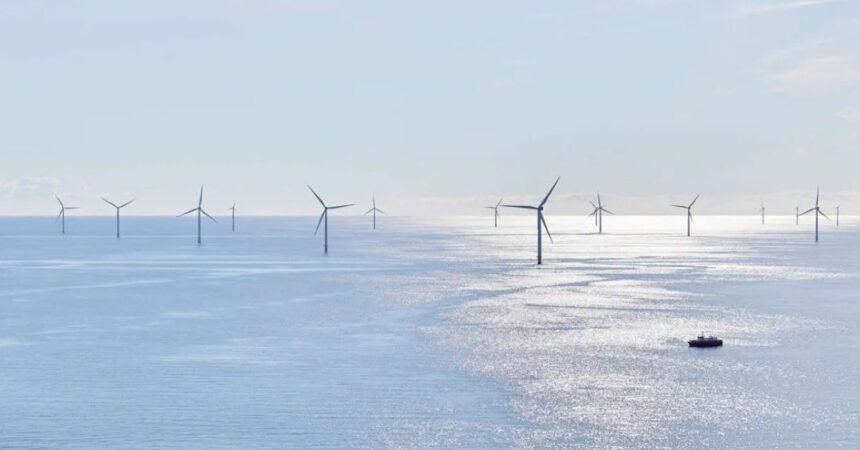Connecticut and Rhode Island are taking legal action against the Trump administration for halting the Revolution Wind offshore wind farm project. The decision to stop work on the project, which is nearly completed and set to deliver clean power to New England, was deemed “baseless” by the Attorneys General of both states. The Bureau of Ocean and Energy Management (BOEM) issued a stop-work order on August 22, citing vague concerns under the Outer Continental Shelf Lands Act without providing any specific reasons for the decision.
Revolution Wind, located 15 nautical miles off the coast of Rhode Island, is expected to be operational by 2026. The $6 billion project aims to supply electricity to 350,000 homes and save ratepayers in Connecticut and Rhode Island hundreds of millions of dollars over 20 years. The project has already created over 2,500 jobs across the United States, including more than 1,000 union construction jobs, and has completed 80% of its construction.
The lawsuit, to be filed against the Department of the Interior, BOEM, and their appointed leaders, argues that the stop-work order violates the Administrative Procedure Act and the agency’s authority under OCSLA. The legal complaint asserts that the government’s action is arbitrary, capricious, and undermines the legal and financial commitments of both states.
Connecticut Governor Ned Lamont expressed concern over the lack of explanation provided by the administration for the stop-work order and emphasized the importance of preserving the vital project for the energy future of Connecticut and the New England region. Senators Richard Blumenthal and Chris Murphy of Connecticut criticized the shutdown as “insane, illogical, and illegal,” highlighting the extensive reviews that the Revolution Wind project had already undergone.
Danish renewables developer Ørsted, which holds a 50% stake in Revolution Wind, has also initiated legal action against the Trump administration in an effort to resume construction on the blocked wind farm. The company, along with the states of Connecticut and Rhode Island, is determined to fight for the completion of the project and the benefits it would bring to the region.
The lawsuit and legal challenges surrounding the Revolution Wind project underscore the ongoing tensions between the Trump administration and the renewable energy sector. The outcome of this legal battle will have significant implications for the future of offshore wind development in the United States.







